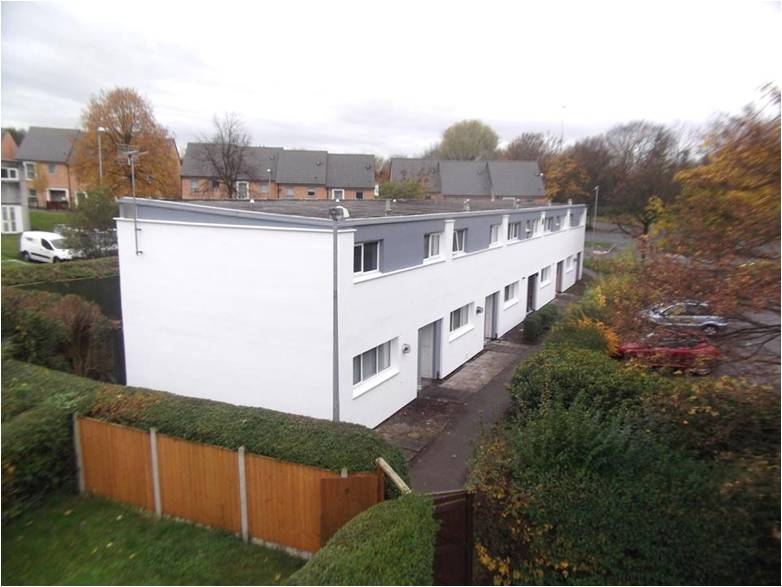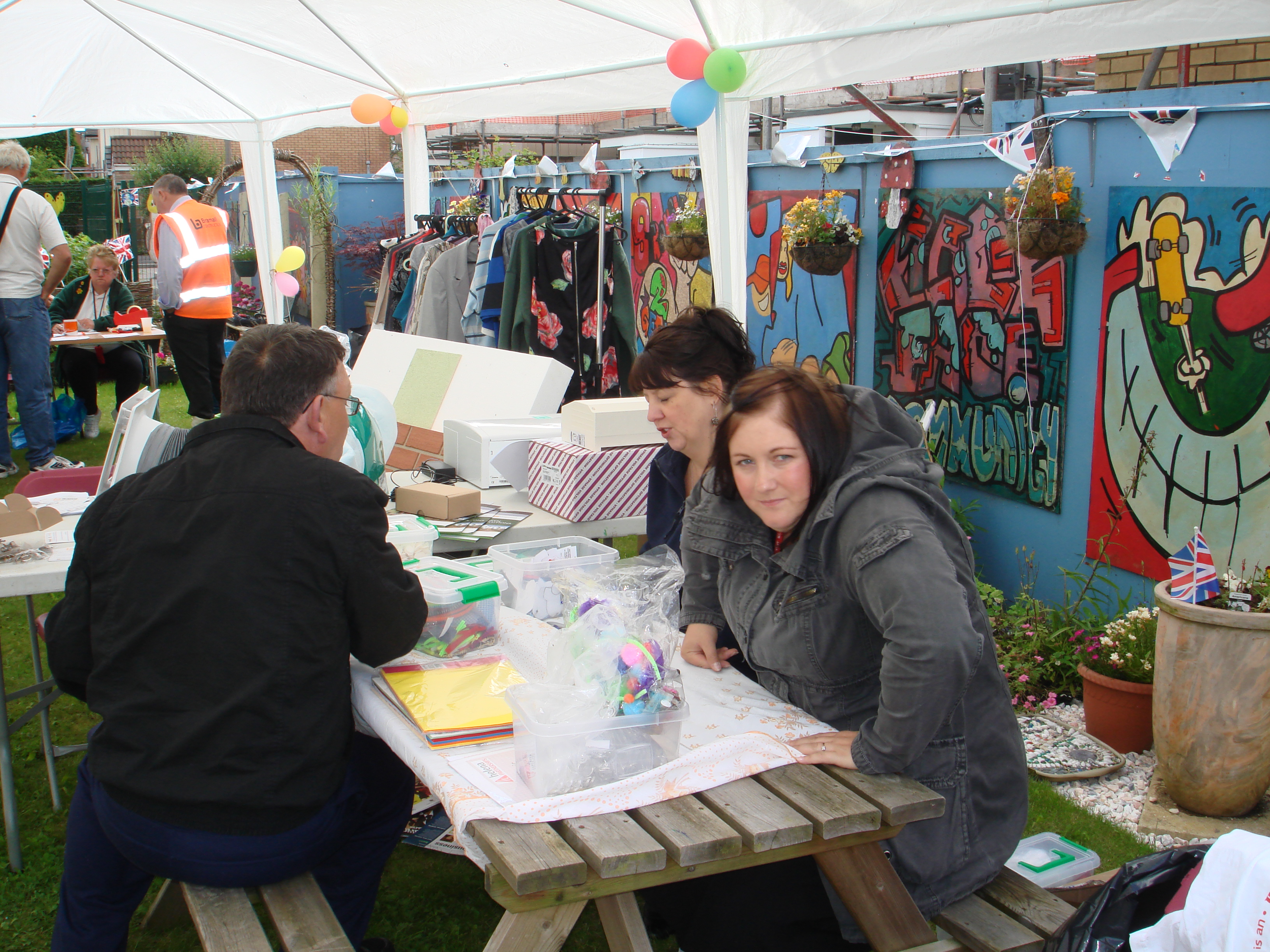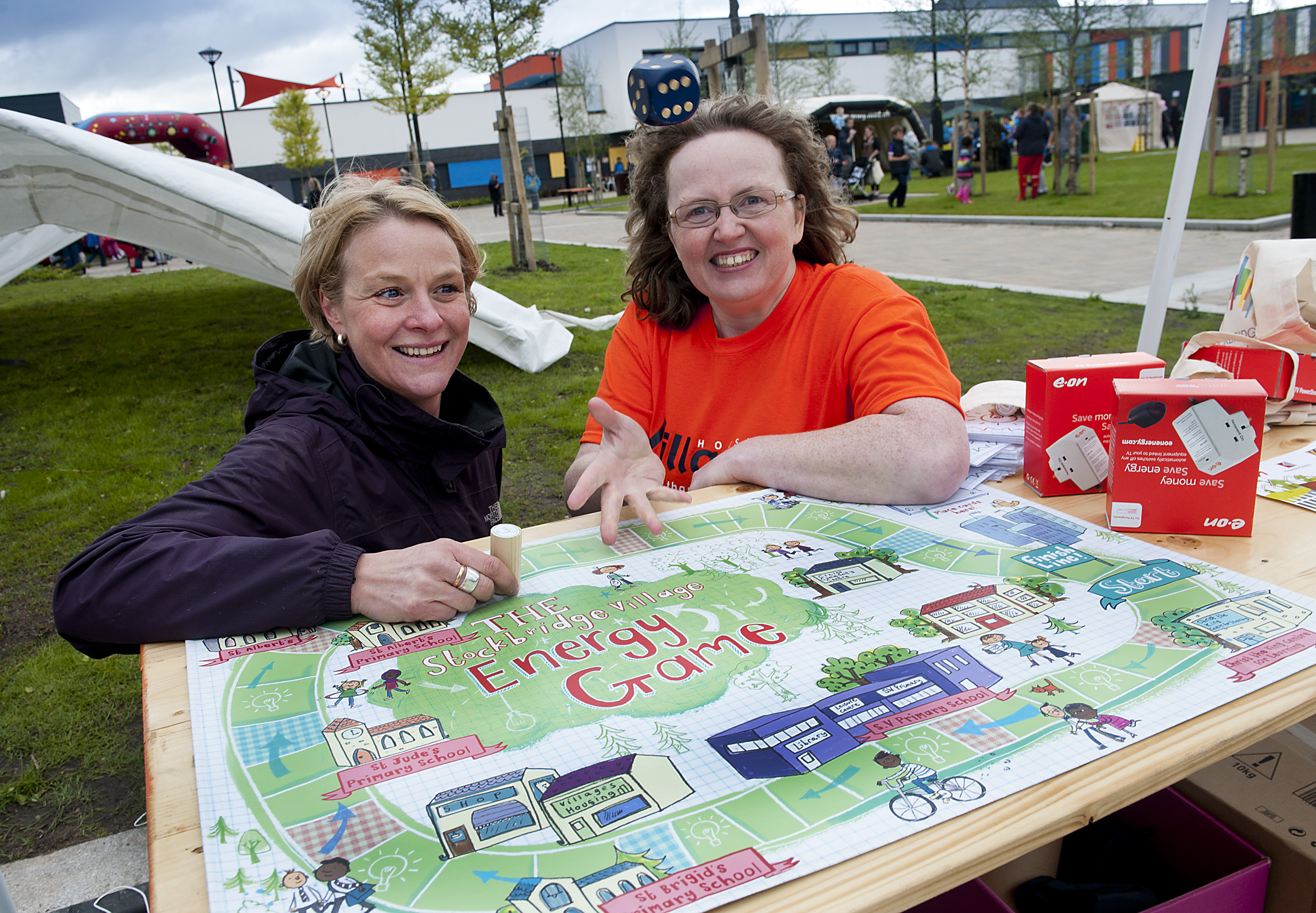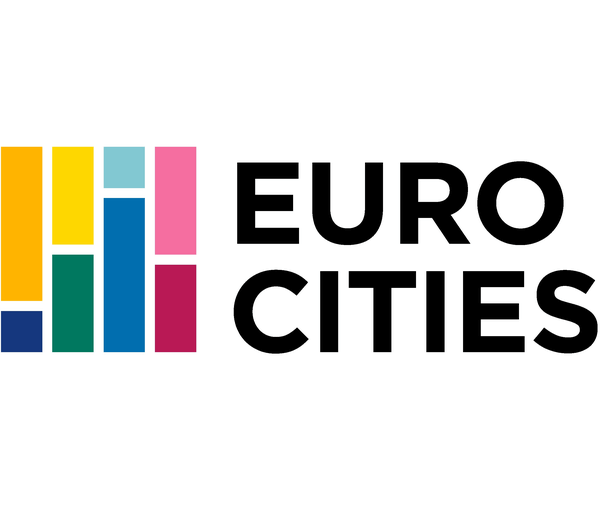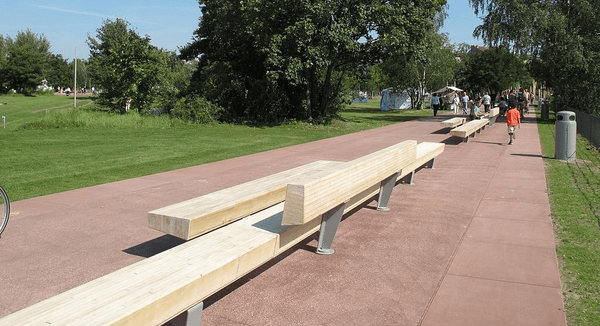City
Liverpool
Main actors
City Government, Local Government, Public Utility, National Government, Private Sector, other
Project area
Whole City/Administrative Region
Duration
Ongoing since 2011
Through REECH, Liverpool works with a range of partners, including social housing providers and local authorities, to improve the energy efficiency of social housing and SME business premises in its most deprived communities.
REECH (Renewables and Energy Efficiency in Community Housing) was developed by a consortium of six Local Authorities and six social housing providers across Liverpool City Region as a low carbon housing and business retrofitting initiative. This €21 million project, part-funded by the European Regional Development Fund (ERDF) will retrofit some 2,000 social housing units and 40 business premises with energy efficiency measures and low carbon technologies. The objectives of this initiative were to reduce energy usage, help tackle fuel poverty, develop local supply chains, and be a pilot project to help demonstrate the cost benefit and long term sustainability of retrofitting energy efficiency measures.
In doing so, it will support local supply chains, promote skills development and encourage new business start ups in this emerging sector. There is also a strong community involvement: the city is engaging with its residents to change their energy behaviour and make the best of the technologies installed in their homes.
Originally published by EUROCITIES, the network of 130 European cities - PDF: http://nws.eurocities.eu/MediaShell/media/Citiesinaction_Liverpool_REECH_June15.pdf
Eurocities Awards
This project was awarded the 'Eurocities Awards' in 2014 in the following category: Cooperation.
On Map
The Map will be displayed after accepting cookie policy
